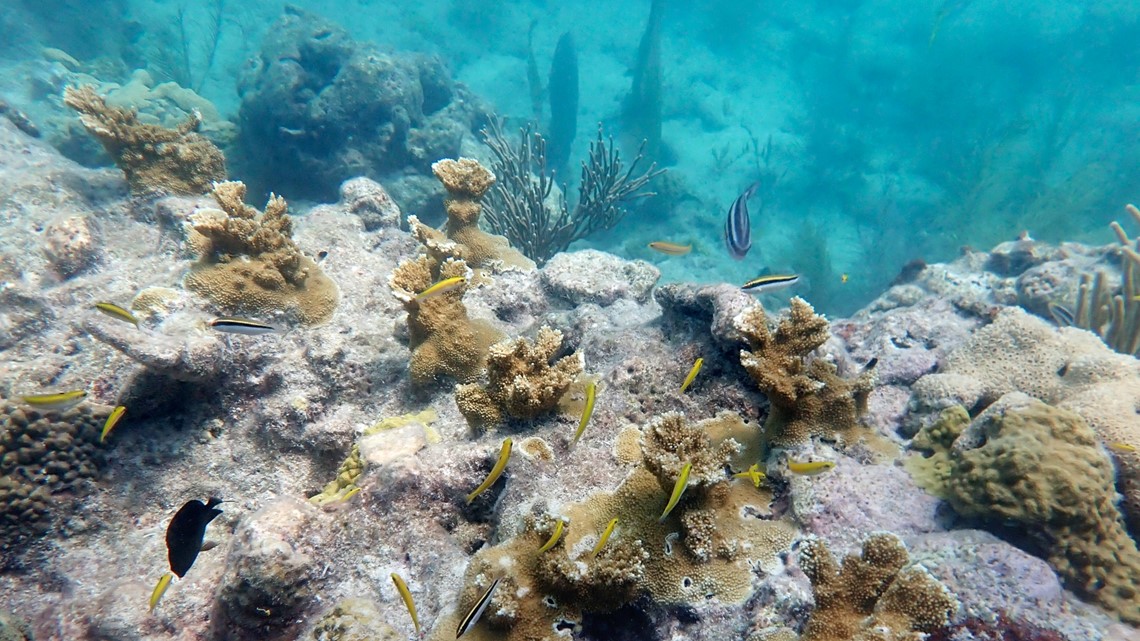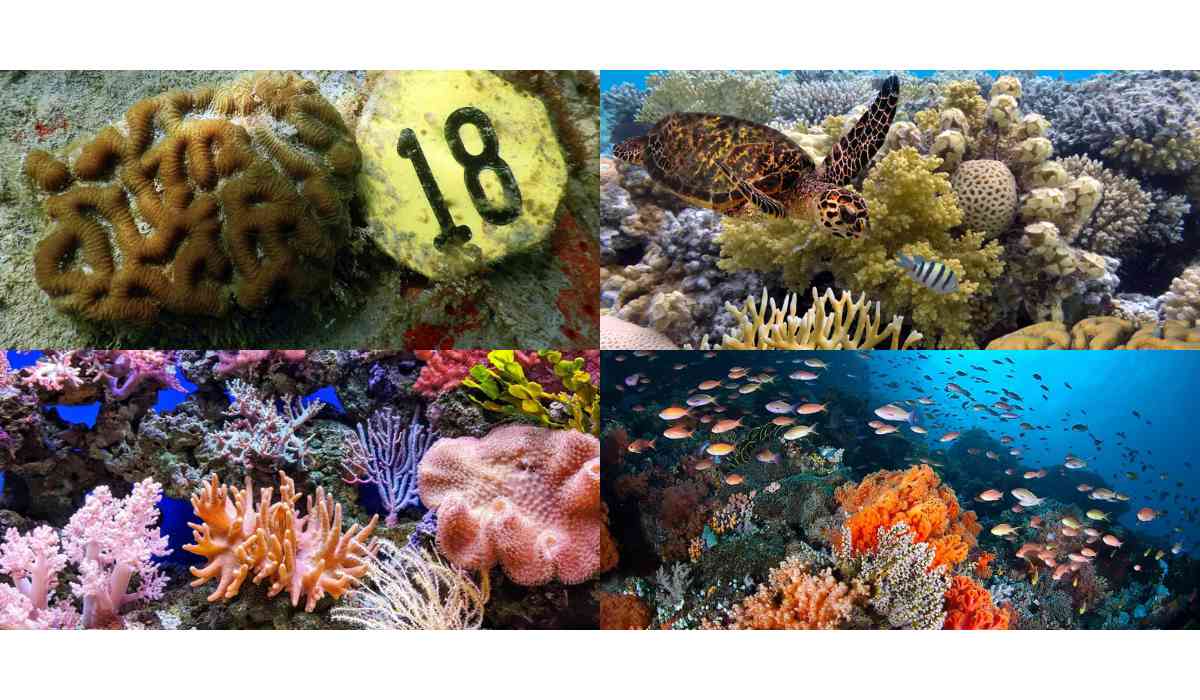In an astonishing twist of nature, the waters off the tip of Florida have surged to scorching levels, resembling nothing short of a colossal hot tub with temperatures exceeding 37.8 degrees Celsius (100 degrees Fahrenheit) for two consecutive days this week. As meteorologists buzz with excitement, the possibility arises that this might be the most sweltering seawater ever recorded, although a few uncertainties surround the accuracy of the readings. Barely 40 kilometres (26 miles) away from this searing spectacle, the consequences of prolonged exposure to such intense heat are painfully evident. Florida's once-resilient reefs in the Florida Keys have been dealt a harsh blow, succumbing to coral bleaching and some fatalities. Alas, the haunting fingerprints of climate change continue to shatter temperature records worldwide this month. However, it's important to note that these seawater temperature records are unofficial, and certain peculiarities in this particular reading might challenge its validity for the esteemed title. Yet, as the initial reading on a buoy at Manatee Bay reached a searing 38.4 Celsius (101.1 degrees F) during Monday evening, meteorologist George Rizzuto from the National Weather Service dares to entertain the notion that this could potentially be a record-breaking event.

A record-breaking event
Not to be outdone, Sunday night's reading at the same buoy displayed a sizzling 37.9 Celsius (100.2 F) degrees. Fascinatingly, there isn't an official benchmark for water temperature records, but back in 2020, a study highlighted a scorching 37.6 Celsius (99.7 F) mark in Kuwait Bay as the highest recorded sea surface temperature worldwide. In light of this, Rizzuto muses that Florida's current readings seem plausible, especially given the nearby buoys registering temperatures in the 36.7 to 37.2 Celsius (98 and 99 F) range. Amidst the wonder and uncertainty, meteorologists and climate experts marvel at the extraordinary spectacle of such unprecedented temperatures. Comparisons to a luxurious hot tub experience aren't lost on Yale Climate Connections meteorologist Jeff Masters, who playfully quips that his ideal hot tub temperature coincides with the recorded 37.8 to 38.3 Celsius (100 to 101.1 F).
Even resilient corals succumb
Yet, as records tantalize the minds of weather enthusiasts, there's an underlying sense of concern for the fragile coral ecosystems. In the shallow waters of Manatee Bay, scientists observed alarming instances of coral bleaching and death, a sorrowful sight considering the resilience these reefs once exhibited. Despite the potential controversies surrounding the record, the consecutive 100-degree measurements provide substantial weight to the readings, leaving experts astounded. As sea surface temperatures worldwide continue their relentless ascent, breaking monthly records for heat in the North Atlantic and elsewhere, there's a prevailing sense of urgency to comprehend and address the alarming shifts in our climate.

With coral bleaching now becoming an all-too-familiar occurrence, the environmental toll weighs heavily on researchers like Ian Enochs, who lament the accelerated pace at which this phenomenon unfolds. Truly, the Earth's oceans and seas bear witness to extraordinary transformations, and the implications of these temperature spikes are far-reaching, signalling the pressing need for action. As meteorologists and scientists grapple with the mysteries of the deep, the world holds its breath, hoping that we can find a way to soothe these turbulent waters and preserve the intricate balance of our planet's diverse ecosystems.
© Copyright 2023. All Rights Reserved Powered by Vygr Media.
























